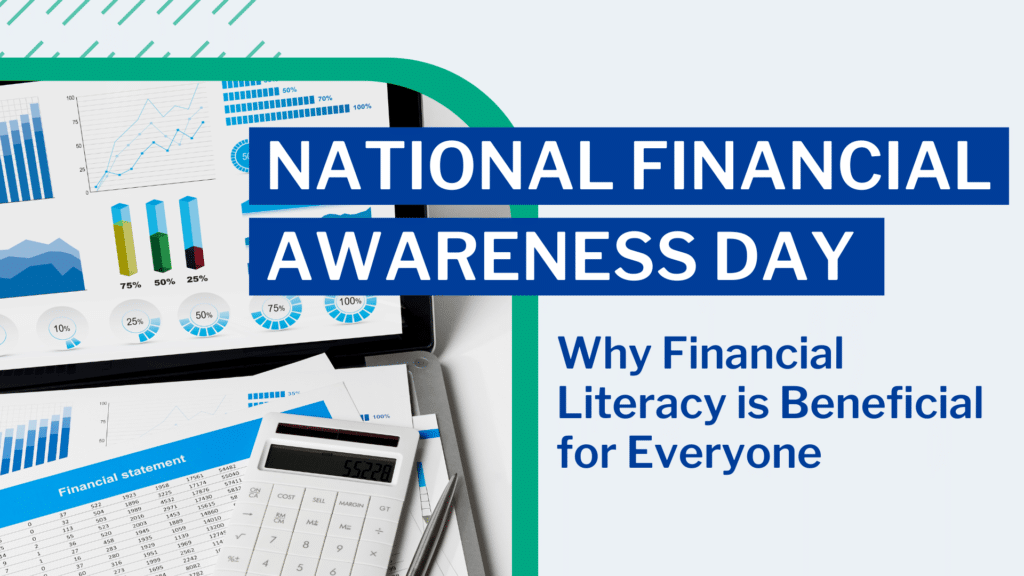August 14 is National Financial Awareness Day, making it an appropriate time to shine a spotlight on initiatives that can help improve consumer financial awareness in the collections space. Financial literacy is an essential life skill that benefits people throughout their lives, but is often overlooked when it comes to what happens if a payment is late or missed. Financial literacy during delinquency is just as important as planning for the future—and can even play a big part in financial future-planning.
Whether it’s taking out a loan, buying a house, saving for retirement or purchasing goods on a credit card,, people are constantly being asked to make decisions that affect their personal finances. As reported by the Milken Institute, only about 57% of the American population is considered financially literate. In order to address this gap, lenders are in a unique position to help provide customers with educational content that not only improves customers’ financial literacy but helps with their own retention and acquisition strategies by building and maintaining customer trust and loyalty. Providing consistent outreach—especially in early delinquency—will give customers more opportunities to engage, understand, and resolve debt.
Debt levels are on the rise again: according to the New York Federal Reserve, between the national student loan debt topping $1.6 trillion in 2022 and household credit card debt also climbing, we’re seeing the largest quarterly increase in 22 years at $860 billion. And individuals become more susceptible to going further into debt if they don’t have a solid foundational understanding of what happens when they first fall behind. Overall, lower levels of financial literacy end up contributing to increased rates of bankruptcy, defaults, and foreclosures.
As financial services leaders know, maintaining customer relationships—including accounts in early delinquency—is more profitable than writing off bad debt due to ongoing loan and credit losses, and then having to start the acquisition process for a new customer all over again. The Receivables Management Association International (RMAI), a non-profit trade association for businesses in the financial services industry, understands this gap and the need for increased literacy created a website with many useful literacy resources for consumers offering free education on topics like managing personal finance, money, and investing. By sharing tools like this or taking on an array of education initiatives and implementing financial literacy as a component of your debt recovery strategy, businesses can help their customers regain their financial health.
TrueAccord is a certified business through RMAI’s Certification Program requiring an independent audit to confirm compliance with a set of rigorous uniform industry standards of best practice which focus on the protection of the consumer. Interested in learning how TrueAccord can help create a customizable user-beneficial experience for your customers? Schedule a consultation to see what TrueAccord’s digital solutions can do for your debt recovery and education strategy»»
